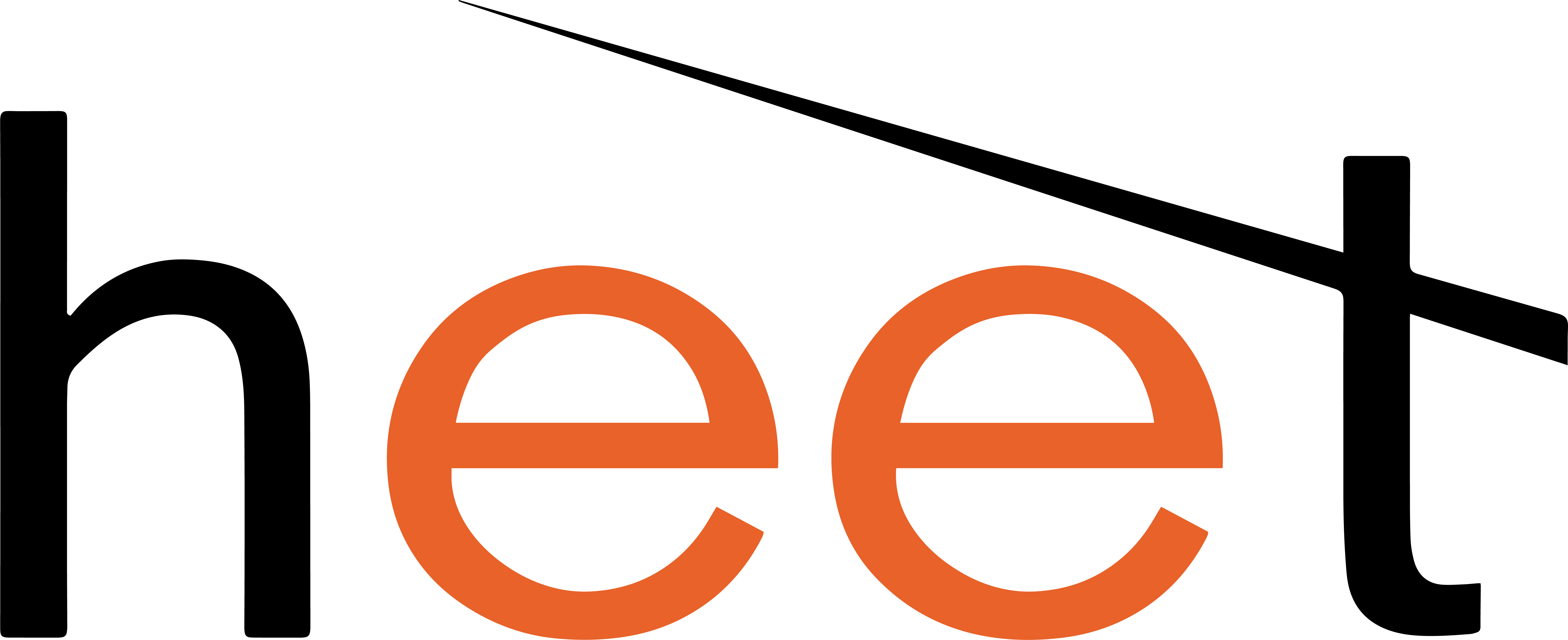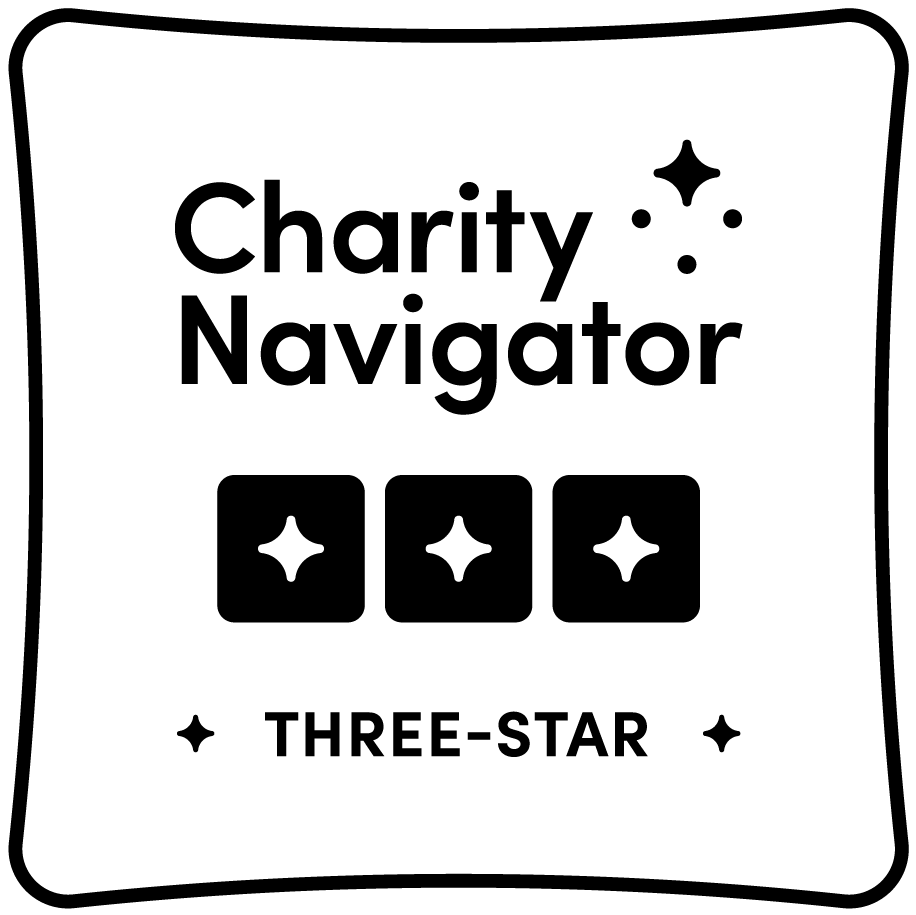Meet Kai Palmer-Dunning: A Q&A with HEET’s Newest Director!

HEET’s new Director of Environmental Justice Community Outreach, Kai Palmer-Dunning, will be leading efforts to improve Boston air quality and respiratory health as a part of HEET’s EJAir (Environmental Justice Air) program. EJAir focuses on reducing emissions and energy bills for environmental justice communities in Boston through energy efficiency retrofits available through the Mass Save and ABCD programs. Kai, along with EJAir Co-Director Molly Fairchild, will work in collaboration with community partners in Roxbury, Dorchester and Charlestown/East Boston.
HEET is grateful for funding directed from a Clean Air Act lawsuit brought by Conservation Law Foundation, which helps support our EJ Air program.
What is EJAir?
HEET’s EJAir program focuses on environmental justice communities, specifically underserved communities in Roxbury, Dorchester and Charlestown/East Boston. Those communities are disproportionately at risk from the effects of climate change, and resources historically haven’t been allocated to them to help them fight climate change and get access to affordable energy efficiency and other mitigation strategies. The EJAir program supports residents to get connected with available energy efficiency programs that help weatherize and retrofit their homes. We are looking at how people can drive down their energy bills by accessing simple solutions, including smart thermostats and LED lighting.
How is the EJAir work connected to community health and health outcomes?
Indoor air quality and health are very much connected to energy efficiency. Environmental justice communities experience elevated vulnerability to respiratory illnesses like asthma and pulmonary disease. EJAir uses energy efficiency as a pathway to reduce dirty fuel emission pollutants, which can directly improve health outcomes for people in the community.
What does environmental justice mean to you?
Environmental justice means focusing on communities that are most at risk of the harmful effects of climate change, but are not closest to the solutions. We can change that by really centering community needs and concerns within the environmental movement and within climate change solutions. Environmental justice prioritizes listening to the concerns of affected communities and applying what we learn when creating solutions around climate.
How does your connection to Boston relate to your role leading HEET’s EJAir program?
I grew up in the Roxbury/Dorchester area and went to high school in downtown Boston. Throughout my life, I have been involved in local activities, like after school programs, urban farming, and working at community centers. When I moved back to Boston from Atlanta in 2017, one of my friends in community development got me involved in an organization called Reclaim Roxbury, which focuses on affordable housing and economic development in the Roxbury area. That experience helped me re-engage locally and advocate on affordable housing and community health issues, ensuring that displacement, affordability, and access to different resources - like clean air and energy efficiency programs - are prioritized.
In terms of how that connects to EJAir, I am connected to a lot of organizations in the Roxbury/Dorchester/Mattapan area that do work around affordable housing and are thinking about energy efficiency as an important aspect of community development and economic sustainability. I'm really happy that the EJAir program will be focusing on bridging the gaps between urban development, housing, and the importance of energy efficiency.
What’s one outcome you hope the EJAir program will achieve?
In communities where affordability and making ends meet are really important to people, it is hard to focus on issues that can seem more peripheral or less urgent, like the environment and energy efficiency. An exciting outcome of EJAir to me would be to help people make connections between economic well-being and clean energy solutions.








